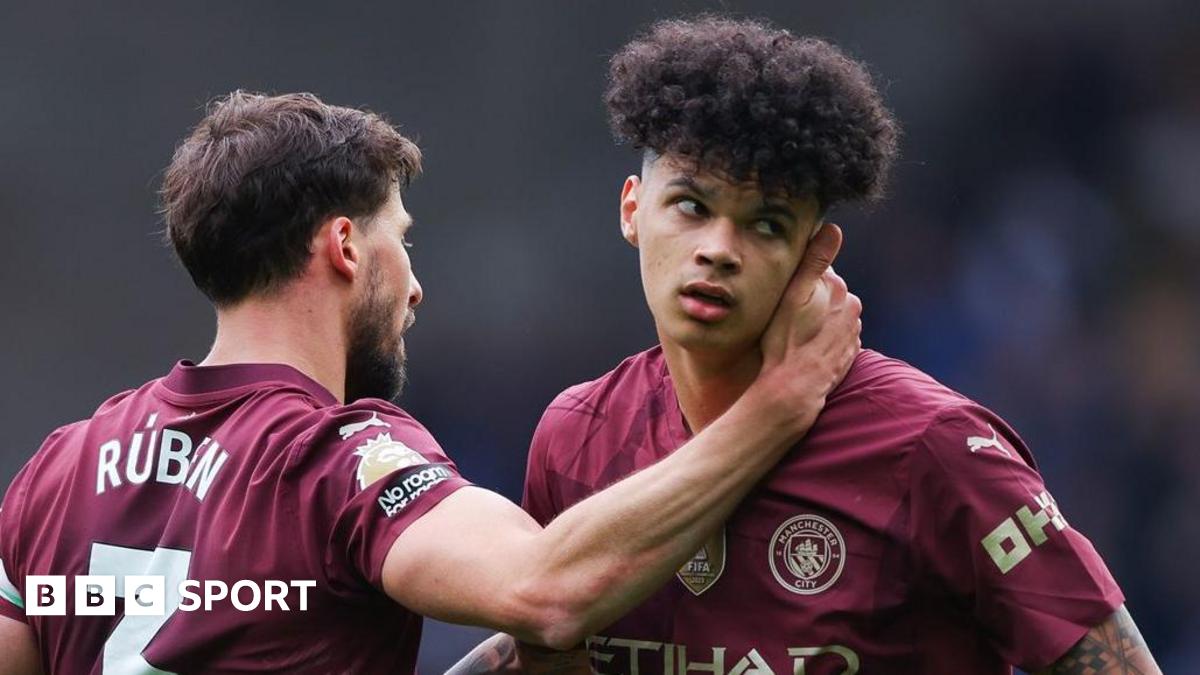
Ruben Dias extending his stay at Manchester City signals more than just retaining a top-tier defender. It speaks to Pep Guardiola's unwavering focus on defensive solidity. Dias, since his arrival, has been the bedrock of City's backline, his leadership and organizational skills translating directly into Premier League titles and a Champions League trophy. His market value, consistently high, reflects his on-field impact. Re-signing him before his contract's final stages is a financially sound move, avoiding the risk of a depreciating asset or, worse, losing him on a free.
Now, Nico O'Reilly's situation offers a different perspective. A 20-year-old academy graduate, his breakthrough last season, largely filling in at left-back due to an injury crisis, demonstrated his adaptability. However, is a new contract a sign of genuine integration into Guardiola's long-term plans, or a move to secure his value before a potential loan or sale? The market dictates that promising youngsters with first-team experience command a premium. Securing O'Reilly's future could be a savvy business decision, regardless of his immediate role within the squad.
The article mentions potential departures. Grealish and Phillips, despite their hefty price tags, haven’t fully integrated into Guardiola’s tactical framework. Their potential sales, even at a loss, could free up significant wages and transfer funds, allowing City to reinvest in players who better fit the system. McAtee's situation mirrors O'Reilly's in some ways; Premier League interest suggests he has value, but does he have a clear path to regular first-team football at City? The goalkeeping situation is a classic example of squad management. Trafford's arrival creates a logjam, making Ortega expendable – a calculated move to balance the books and provide playing time elsewhere.
These contract extensions and potential departures highlight the ruthless efficiency with which Manchester City operates. Sentimentality takes a backseat to tactical fit and financial prudence. So, what happens when tactical fit and financial prudence collide? What then?